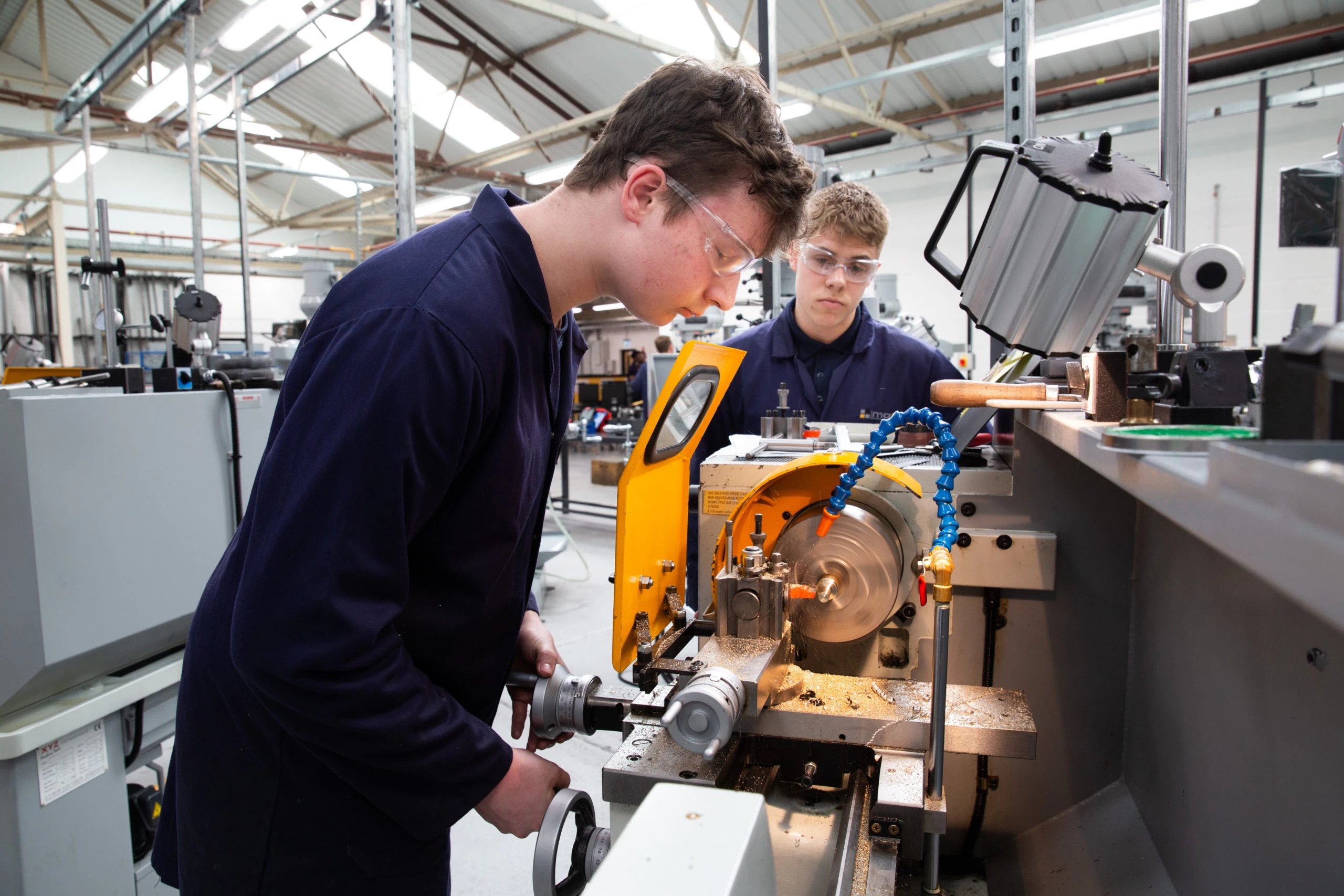
A toolmaker is responsible for creating accurate tools (such as jigs, moulds, and dies), customised guides, and holding devices, which are utilised in manufacturing to produce items. For instance, a toolmaker may build the components needed on an automotive assembly line or the component of a machine that fills a chocolate shell. They will work with metals, alloys, polymers, and ceramics, among other stocks and castings.
A toolmaker’s responsibilities do not cease after the tools have been constructed; they will continue to monitor the tools and make any necessary adjustments or repairs. A toolmaker’s activities include using computer numerically controlled (CNC) equipment; thus, a solid foundation in various technical and information technology methods is required.
Responsibilities
Throughout your apprenticeship, you may help:
- work with 2D and 3D computer-aided design and manufacturing software (CAD/CAM)
- mark out tool designs on a ‘stock’ or casting following engineering plans
- cut and shape tools with lathes, presses and cutting machines
- enter settings into computer controlled machines
- check dimensions with measuring instruments like micrometers
- carry out basic machine maintenance.
Salary
- Starting salaries for an apprentice is £15,000 per year.
- Experienced toolmakers can earn up to £33,000 per year.
Working hours
You will typically work 44 to 46 hours per week, working between 8am and 6pm.
Working environment
You could work in a factory or in a workshop.
Your working environment may be noisy.
You may need to wear safety clothing and use safety equipment.
Qualifications
Qualifications you can achieve as an apprentice toolmaker include:
- Level 3 Engineering Technician – Entry requirements for this level include 5 GCSEs at grades 9 to 4 (A* to C), or equivalent, including English and maths, for an advanced apprenticeship. This qualification will take 42 months to complete.
Skills
On a toolmaker apprenticeship, you’ll learn:
- the ability to use, repair and maintain machines and tools
- knowledge of engineering science and technology
- design skills and knowledge
- knowledge of maths
- to be thorough and pay attention to detail
- the ability to use your initiative
- the ability to work well with your hands
- the ability to analyse quality or performance
- to be able to use a computer and the main software packages competently.
Employers
Typical employers of manufacturing toolmakers include:
- Food and drink companies
- Engineering companies
- Consumer goods manufacturers
- Electronic goods assembly companies
- The aviation industry.
Career path and progression
You could become a workshop supervisor, train to carry out machine maintenance or move into quality control.
